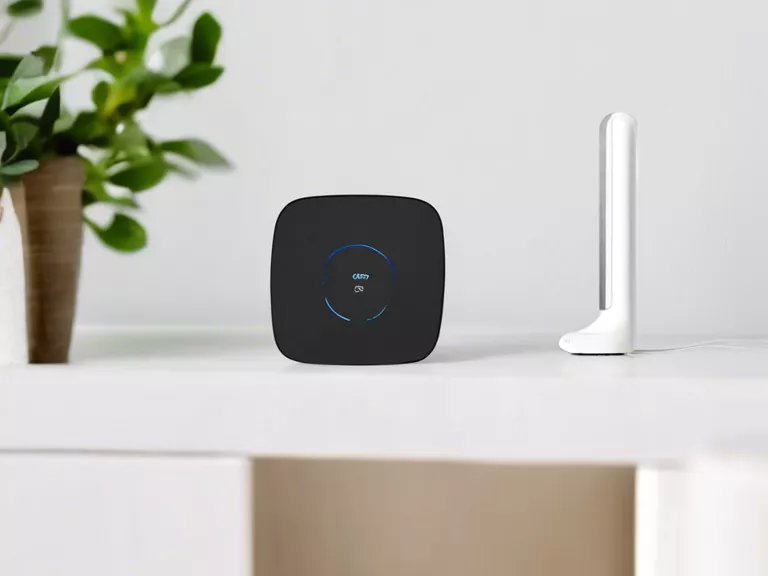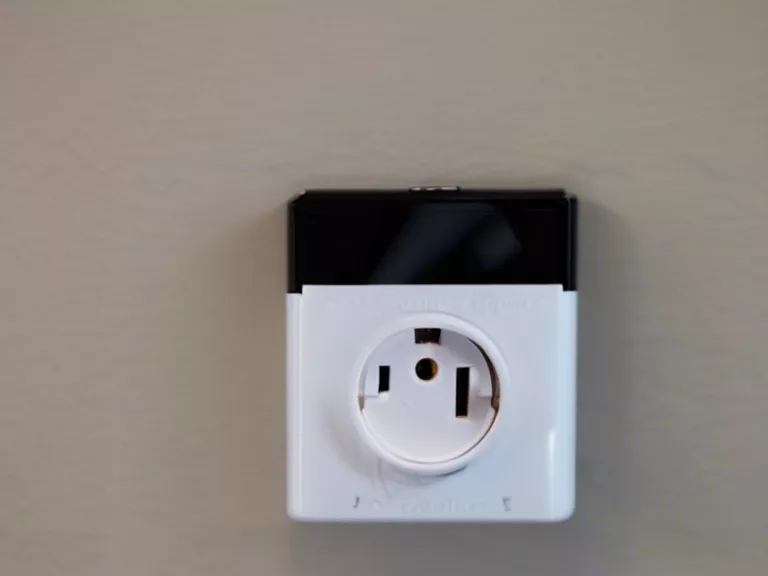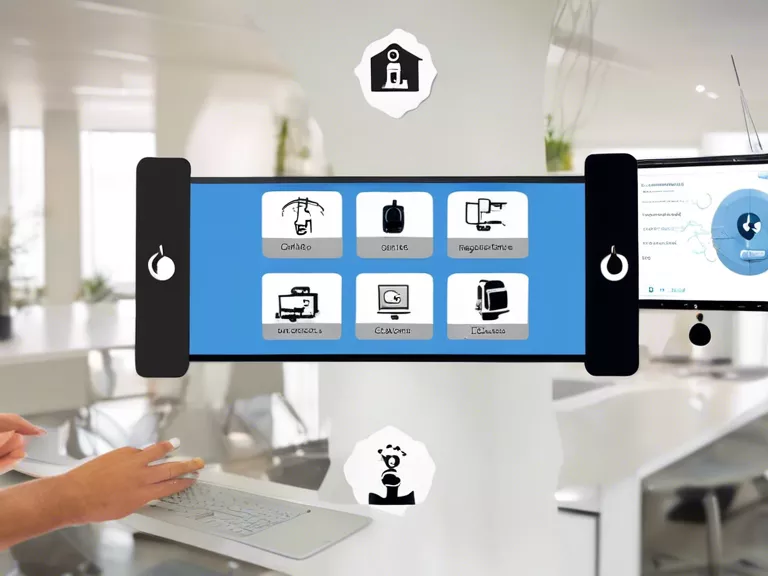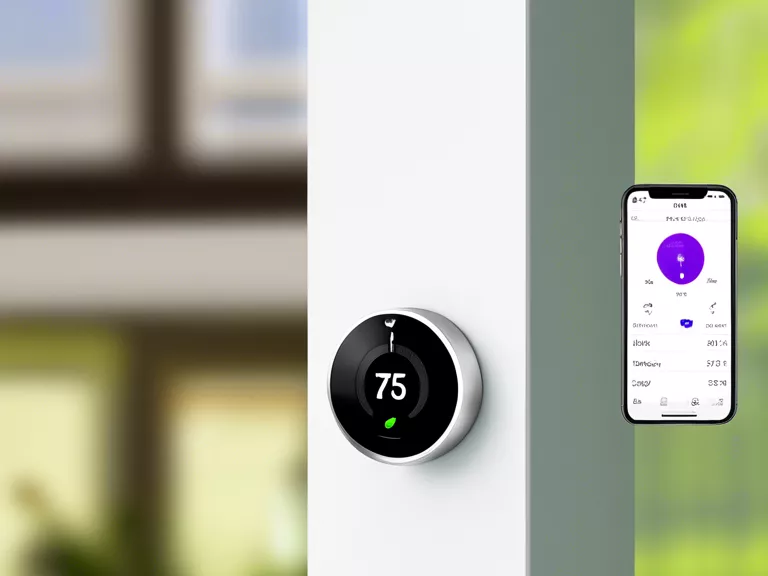
Smart sensors are revolutionizing the way we interact with our homes, making everyday tasks easier and more convenient. From controlling the lighting to monitoring air quality, these sensors can automate various aspects of your home life. In this article, we will explore how you can use smart sensors to automate everyday tasks around your home.
One popular use of smart sensors is in controlling the lighting in your home. Smart light bulbs equipped with sensors can automatically adjust the brightness and color temperature based on the time of day or your preferences. For example, you can set the lights to gradually dim in the evening to signal bedtime or turn on automatically when you enter a room.
Smart sensors can also help you monitor and improve air quality in your home. Sensors can detect pollutants such as volatile organic compounds (VOCs) or carbon monoxide and alert you to take action. Some sensors can even work in conjunction with air purifiers to automatically adjust their settings based on air quality readings.
Another way to automate everyday tasks with smart sensors is in managing your home security. Motion sensors can detect movement and send alerts to your smartphone, allowing you to monitor your home remotely. Door and window sensors can also alert you if they are opened unexpectedly, providing an added layer of security.
Smart sensors can also help you save energy and reduce your utility bills. By monitoring your usage patterns, sensors can adjust temperature settings in your home to optimize energy consumption. For example, a smart thermostat can learn your habits and adjust the temperature accordingly, ensuring comfort while saving on heating and cooling costs.
In conclusion, smart sensors offer a wide range of possibilities for automating everyday tasks around your home. Whether it's controlling lighting, monitoring air quality, enhancing security, or saving energy, these sensors can make your home smarter and more efficient.


